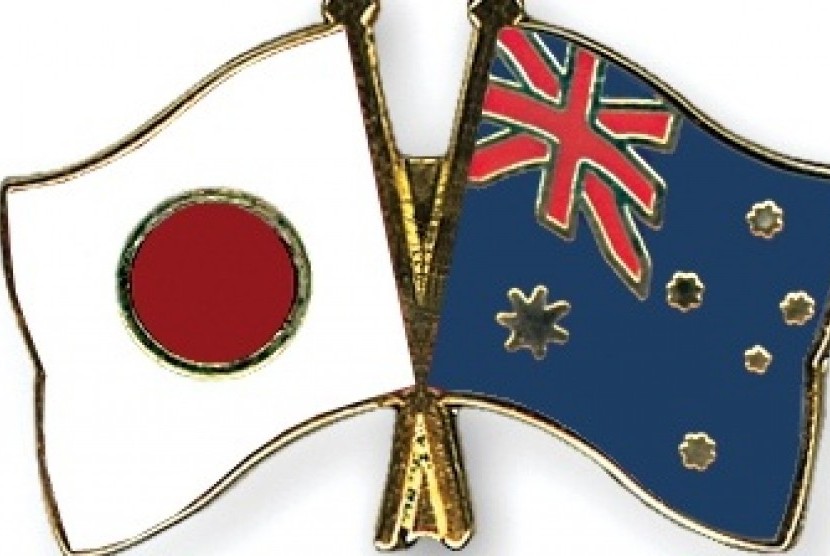REPUBLIKA.CO.ID, TOKYO -- Key ministers from Japan and Australia will meet Wednesday to beef up their defence relations, including a possible future submarine deal, as a rising China stirs tension in the Asia-Pacific region.
Japanese Foreign Minister Fumio Kishida and Defence Minister Itsunori Onodera will play host in Tokyo to Julie Bishop and David Johnston, their respective opposite numbers, for the fifth round of so-called "2+2" talks.
The two US allies are eager to discuss the future transfer of Japanese submarine technology to Australia, with Canberra needing to replace its fleet of stealth subs over the coming years at a reported cost of up to US$37 billion.
The potential deal, which is some way from being finalised, would boost Japan's defence industry, while also further cementing relations both economically and militarily.
At their meeting, the ministers will follow up on a free trade pact and a security deal reached in April between Australian Prime Minister Tony Abbott and his Japanese counterpart Shinzo Abe.
Abe has argued that Japan must play a bigger role on the global stage and has pushed to loosen restrictions on when its well-equipped armed forces can act.
He has also relaxed a self-imposed ban on weapons exports, paving the way for the possible deal with Australia.
In their evening meeting, the ministers will make particular efforts to hammer out terms for a legal framework to allow the two nations to conduct joint research and trade of defence equipment -- a necessary precursor to any submarine deal.
"We will engage in practical discussions to strengthen our security and defence cooperation," Kishida told a press conference Tuesday.
Following an Australian request, Tokyo will let Johnston see Japanese submarines during his stay, according to Onodera.
The Japanese defence chief also said the two nations are looking to boost the interoperability of their troops through more joint drills, humanitarian assistance programmes, disaster relief and projects to ensure maritime security.
The ministers are also expected to discuss the impact of China's ambitious naval activities and territorial claims that have shifted the balance of power in the region, which was long dominated by the United States.
Beijing has intensified its claims over the South China Sea, and has butted heads with Hanoi and Manila.
Japan's ties with China have remained sour, due mainly to a territorial dispute in the East China Sea.
Worries about China have encouraged a relationship-building drive across Asia, analysts say, with Abe and Abbott aiming to elevate their ties to "a new special relationship".


